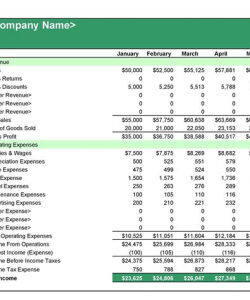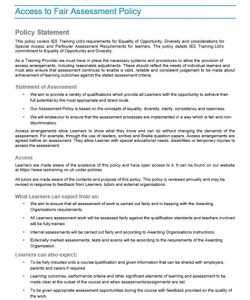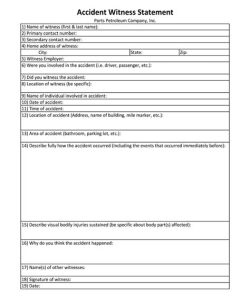A family court position statement template is a helpful tool that can assist you in organizing your thoughts and arguments in preparation for a family court hearing. It can also help you to stay on track and ensure that you are addressing all of the relevant issues in your case.
Family court is a sensitive and often emotional process, so it is important to be well-prepared before you go to court. A position statement template can help you to do this by providing you with a framework for organizing your thoughts and arguments. It can also help you to anticipate the questions that the judge or opposing counsel may ask, and to prepare your responses accordingly.
Understanding the Purpose and Benefits of a Family Court Position Statement Template
A family court position statement template can serve several purposes. First and foremost, it can help you to organize your thoughts and arguments in a clear and concise manner. This can be especially helpful if you are feeling overwhelmed by the legal process or if you are not sure how to best present your case.
Second, a position statement template can help you to stay on track during your court hearing. By having a written outline of your arguments, you can avoid rambling or getting sidetracked. This can help you to make a more persuasive case to the judge.
Crafting a Compelling Family Court Position Statement Using the Template
When crafting your family court position statement using the template, there are a few key things to keep in mind. First, be sure to state your position clearly and concisely. The judge should be able to understand your position without having to read through a lot of unnecessary details.
Second, be sure to support your position with evidence. This could include witness statements, documents, or other evidence that supports your claims. Third, be sure to address the other side’s arguments. This will show the judge that you have considered all of the relevant issues in the case and that you are prepared to respond to the other side’s arguments.
Additional Tips for Using the Template and Achieving Success in Family Court
In addition to the tips above, there are a few other things you can do to increase your chances of success in family court. First, be sure to practice your statement before you go to court. This will help you to feel more confident and prepared when you are actually in front of the judge.
Second, dress professionally and be respectful of the court. This will show the judge that you are taking the proceedings seriously. Finally, be prepared to compromise. In most cases, you will not get everything you want in family court. Be prepared to negotiate and compromise in order to reach a resolution that is fair to both parties.



